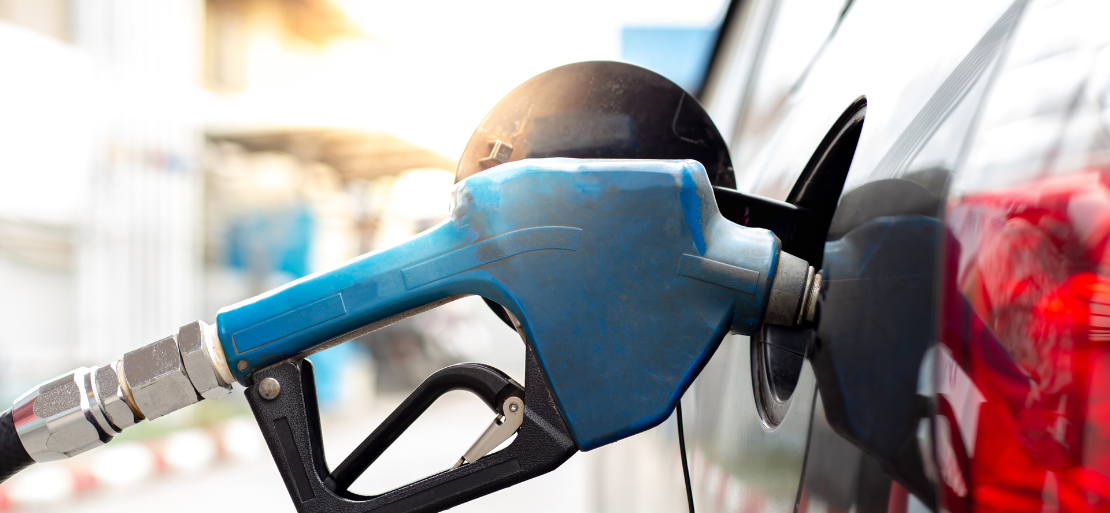The Catastrophic Effects of Diesel Shortages Are a Long Way from Recovery

The demand for diesel is persistently rising despite the economic downturn.
A scarcity of diesel is already becoming a reality in a few nations. The European nations are rushing to obtain diesel before the prohibition on Russian barrels.
On the other hand, with the upcoming harvest season in the United States, the matter of balancing international and domestic demand for diesel will be challenging.
Diesel supply is still a significant crisis despite the ongoing financial deceleration globally. The situation is anticipated to get worse.
Reqest Access For Regular Price Update of Diesel
John Kemp said in his recent column that institutional traders and bond funds acquired diesel accords hastily since the last week of November 2020, adding around 9 million barrels to their investments.
In the meantime, Bloomberg detailed that the U.S diesel demand shot up in the previous five years and is expected to rise further as winter approaches. Diesel exports peaked last month with Europe and South America carrying these exports.
Simultaneously, India has limited diesel exports to secure an adequate amount for domestic demand. Additionally, European clients shunned European diesel due to sanctions, although the fuel ban against Russia will be in effect by the year-end.
The scarcity of diesel is not a new crisis but is now gaining attention recently.
In March, a senior representative stated that governments comprehend entirely that there is a correlation between GDP and diesel as almost everything made in a factory employs diesel. The executive spoke on behalf of the European Petroleum Refiners Association right when the EU was hitting embargoes on Russia.
Read More About Diesel Production Cost Reports - REQUEST FREE SAMPLE COPY IN PDF
The EU's most significant supplier of diesel is Russia providing around 750,000 barrels per day to fuel the heavy industrial, transportation, freight, and other industry demands.
Along with the sanctions, diesel is experiencing a similar phenomenon as the crude oil market: a robust demand bounce compared to supply growth.
However, there was a decline in the demand growth as Kemp reported an expected downward spiral globally in the middle of inflation and central bank rate hikes recently. The conditions resulted in stagnant diesel demand and lower prices, but that was for a brief period, and industrial transport fuel demand is high again.
Regardless, in other coloumn, the analyst remarked that the U.S. crude oil inventories did not seem to recover despite fuel price inflation, which signifies the stiffness in fuel markets and high price rise, which is likely to persist in the coming year.
The Department of Energy conveyed that U.S. oil inventories in the planned petroleum account fell significantly since 1985 to 469.9 million barrels in the recent week.
On the other hand, the shortage of diesel is leading to many problems in African nations. Humanitarian organisations have halted all activities in the Central African Republic due to diesel scarcity. Furthermore, there are protests by drivers in Cameron due to the shortage.
The situation does not stop in Africa alone. Previously, the Government in Brazil was cautioned by the state oil corporation Petrobras regarding a diesel shortage that is approaching the country but not if Petrobas is permitted to sell fuels at market rates.
European buyers are rushing to gather fuel supplies before the ban on Russian barrels comes into effect in December. Many people agree that the crisis is about to get rough entering the new year.
The U.S will have to manage domestic and international diesel demand. The situation can be challenging amidst the production drop of another distillate and diesel.
During the beginning of harvest season in the Midwest, the demand for diesel in the U.S rises significantly. As a result, there will be an inadequate amount of diesel for export. It is likely to result in aggravated supply conditions in other countries which can result in even higher prices despite the looming economic crisis.



